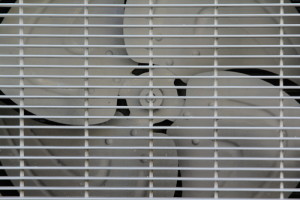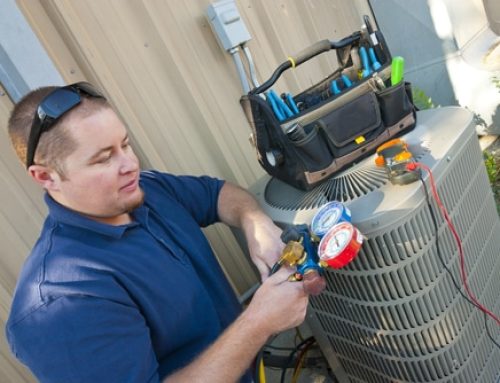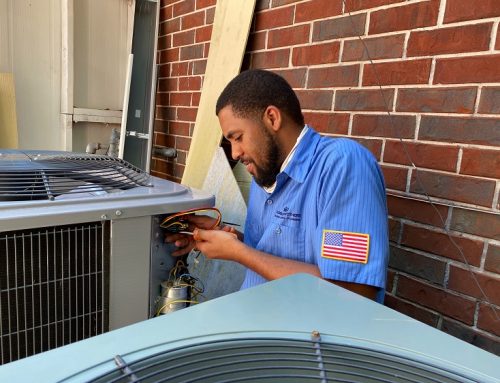 Your air conditioner is a sophisticated piece of equipment, and despite the fact that most air conditioners are built to last a long time, eventually, something will break and need attention. Let’s have a look at three of the most common air conditioner problems that you are likely to encounter.
Your air conditioner is a sophisticated piece of equipment, and despite the fact that most air conditioners are built to last a long time, eventually, something will break and need attention. Let’s have a look at three of the most common air conditioner problems that you are likely to encounter.
Low Refrigerant
Refrigerant is the chemical that flows through your air conditioner, absorbing heat in the interior of the home and expending it outdoors to cool your home. Reduced refrigerant levels can signal that there is a leak or some other problem with the system. Refrigerant by law can only be handled by licensed technicians, so you will have to call an HVAC professional to recharge the refrigerant and to look for and repair the leak.
Be aware that the R-22 refrigerant, also known as Freon and which has been used for many years, is being phased out due to the fact it caused damage to the ozone layer. Newer A/Cs use another kind of refrigerant.
Frozen Coils
Coils are found in two places in your air conditioner: the outdoor condenser and the indoor evaporator. Evaporator coils may become frozen for a variety of reasons, including a dirty filter, obstructed return air ductwork, low refrigerant levels or dirt on the evaporator coils. If your coils do freeze, then turn the air conditioner to “off” and call a licensed HVAC repair technician. Trying to run an A/C with frozen coils can lead to compressor damage.
Outside Fan Not Working.
The fan located in the outdoor compressor conveys heat from inside the home to the outside air. The fan blows outdoor air across the condensing coil, which transfers heat to the outdoors, allowing the hot, high-pressure refrigerant in the coil to condense from a gas back to a liquid. When the fan malfunctions, heat transfer can’t take place. The A/C’s compressor may overheat and trip the safety overload. The compressor might also be damaged.
Call Bradbury Brothers Heating & Air Conditioning at 281-651-5484 or 936-271.2030 to learn more about potential air conditioner problems.




